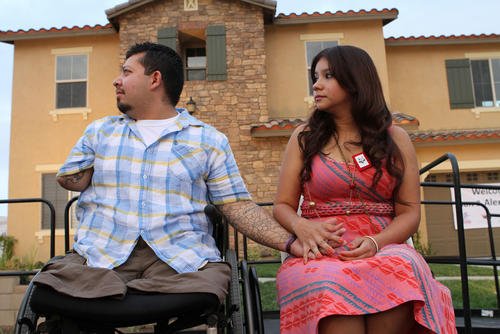With college starting, it’s time to start thinking about how to cash in now - and later. Building a credit history is important for future purchases like a car or a house. One of the easiest ways to start, especially as a young adult, is through responsible credit card use. Unsure how to get started? We have a few key tips for choosing the right card and maximizing your benefits, plus some easy mistakes to avoid.
What You Need to Know About Credit Cards
It’s never too early to plan for your financial future by taking steps like saving for retirement, paying your bills in full and on time, and paying down student loans.
It might seem crazy to start saving for retirement in your early 20’s, but with compound interest, saving a little now can add up later. Talk to a financial advisor about what steps you can take now, including investment options, to build for your future.
With any bill or debt – including credit cards – start by getting in the habit of paying off your account every month. Missing payments can incur fees, as well as interest, on the remaining amount. These mistakes can cause long-term damage to your credit score and overall financial health.
Should I Get a Secured or Unsecured Card?
There are two types of credit cards: secured and unsecured. They can both be used to establish your credit history, and each have pros and cons. Unsecured cards don’t require any collateral to open them; they are more common and are open to a broader range of credit scores. Secured cards require collateral, which serves as your credit limit. You'll get that amount back when you close the account or switch it to a non-secured card and pay off your balance.
The advantages to a secured card include an easier approval process without the risk of going into debt, though you have to pay the money upfront with generally few rewards available and could have higher APRs and fees.
Unsecured cards don’t require any money down, and many offer rewards, but you’ll need a good credit score to qualify for one. The terms reflect your creditworthiness, but the generally lower APRs and higher credit limits make spending beyond your means easier.
Using credit cards to establish credit is one of the best reasons to have one as a young adult, and doing so purposely and wisely will make a huge difference in the long run. To responsibly build credit, one option is to put regular charges on your credit card and pay off the bill monthly. For example, you can pay your phone bill with a credit card and then pay off your credit card instead of sending money directly to your phone company. After doing this for a few months, you can add another bill or slowly use it to pay for other things the same way.
Using Credit Card Rewards Responsibly
One of the best perks of using a credit card responsibly is the rewards. Some cards offer cash back on your spending, while others allow you to save rewards points for travel later. But remember, just because rewards are available doesn’t mean you should overspend. When deciding which card is right for you, the reward structure is something to consider.
Overlooking the rewards or benefits available to you through your credit card would be unfortunate. You’ll want to maximize your rewards as much as possible while spending responsibly. Some people put all their bills on the credit card with the most rewards. Others use the cashback rewards for their annual vacation or holiday gifts. When you understand the rewards available and the structure for earning them, you can maximize that for your goals.
Growing up and moving out gives young adults a lot of opportunities to learn. Responsible use of credit cards is one tool that sets you up for the future.











